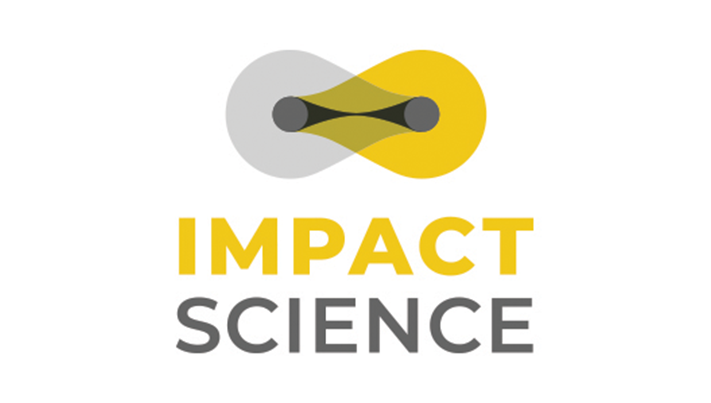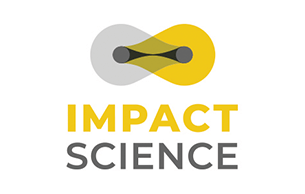
It is estimated that around 3 million academic papers are produced every year. Many of them are never read or cited. ‘If a researcher makes a discovery, and no one hears about it, can it truly improve human life?’ asks Abhishek Goel, co-founder and CEO of CACTUS, a company that has helped almost 350,000 academics across the world with a range of services that gets their academic paper ready for publishing, at the launch of Impact Science. Impact Science looks at the growing need expressed by the academic sector to bring their work into the public space in a succinct and understandable manner.
‘Every academic paper pushes the boundaries of our collective understanding of the world around us. Every academic paper is a discovery, a revelation, an understanding, that must be celebrated. But for that to happen, every discovery must get a chance to be understood by a larger audience, beyond the confines of academia,’ says Goel, who has been working in this space for the last 17 years. ‘The starting point is looking at all the knowledge being generated in the non-English space and bringing it to a larger audience. The second is to look at works of research in English, produced by non-native English speakers, and make them ready for a larger audience.’
CACTUS has collaborated with individuals and institutions in the academic space’researchers, publishers, journals, societies, universities’to build an ecosystem where knowledge can be shared with a wider audience. ‘We are trusted advisors to our partners, collaborators, and clients,’ says Goel, ‘and we work with them to ensure that their work goes out to the larger world. We have worked with individuals and institutions across the word, ensuring that their papers are ready for publication. And, now we are taking it one step further.’
Cactus established their editing, translation, and publication service 17 years ago, and have now launched Impact Science, aimed at taking academic research to a larger interested public. Says Goel ‘Our aim is to ensure that information about the research and its possibilities reaches the widest possible audience, so that research is acted upon, and impacts humanity in a positive manner.’ To ensure this, CACTUS has set up teams of science communicators, science visualizers, and designers across the world who distill academic content and communicate it through a variety of traditional and digital forms, to diverse audiences. ‘There is no one size fits all,’ says Goel. ‘Each communication is crafted to the needs of that specific audience. We communicate research findings, and the possible impact of these, to policy makers, funders, other scientists, the interested public’and each of these groups has to be communicated to separately and differently.’
Today, with funders across the world, including governments, corporations, trusts, or international bodies, asking for proof of impact of research to fund further, academia is gearing up to communicate its findings beyond the confines of ivory towers. Goel says ‘As trusted partners, we have evolved to meet the needs of our ecosystem ‘ and those needs include understanding, distilling, and communicating cutting-edge research that will transform the world we live in. That is what Impact Science will do.’
Visit the Impact Science website https://www.impact.science/ to explore the possibilities within research communication.


















